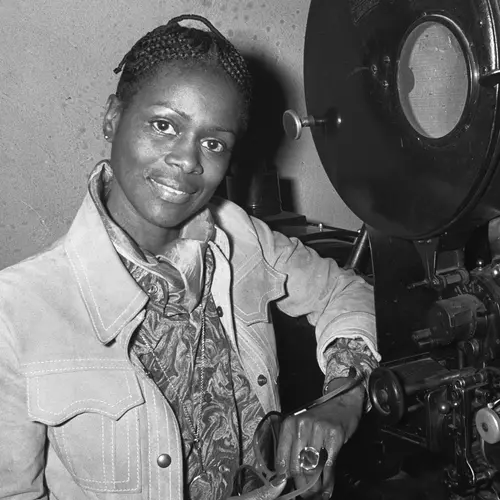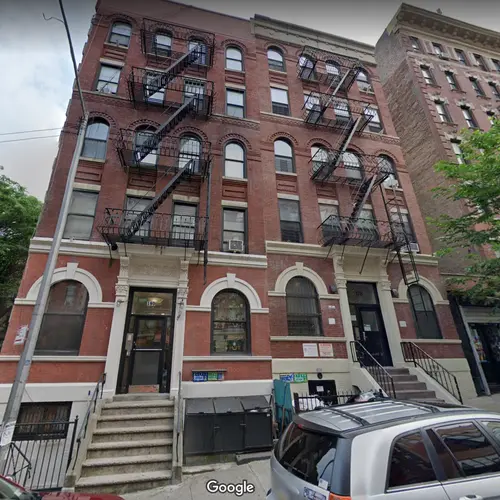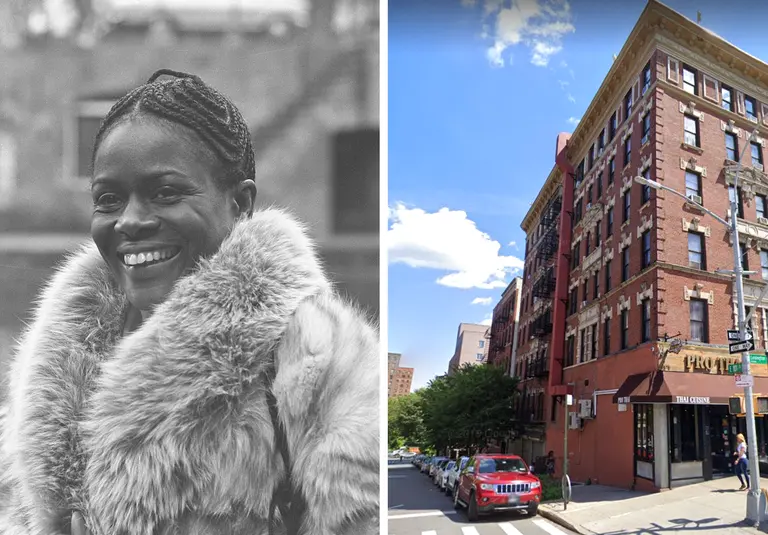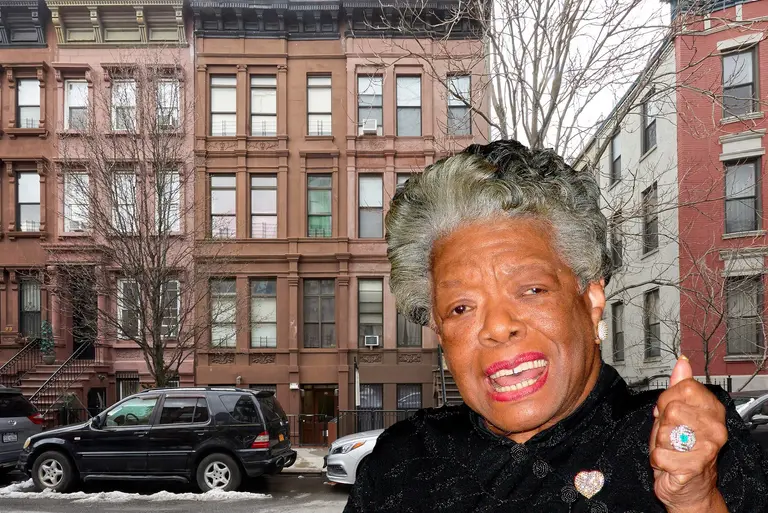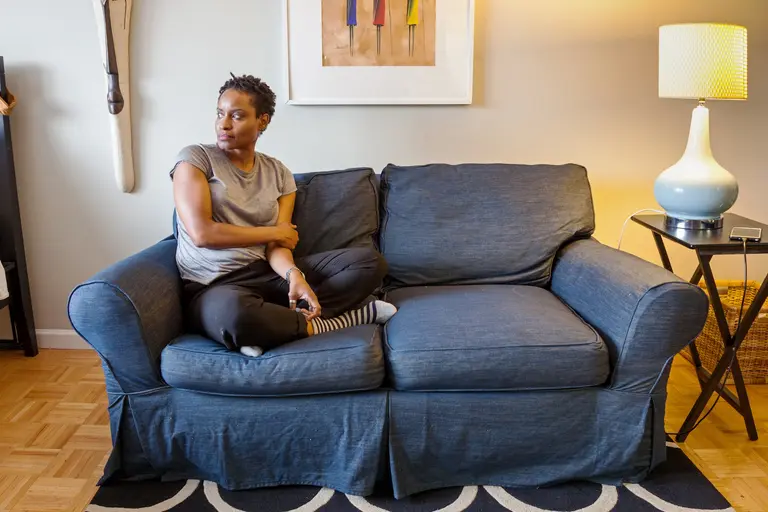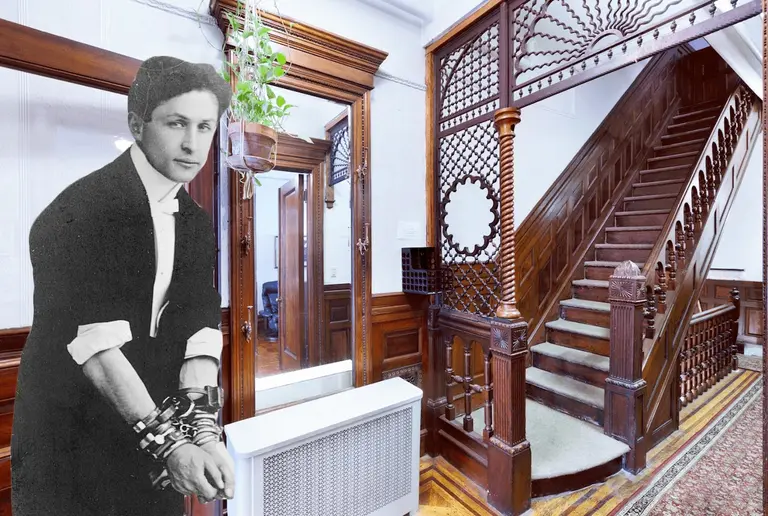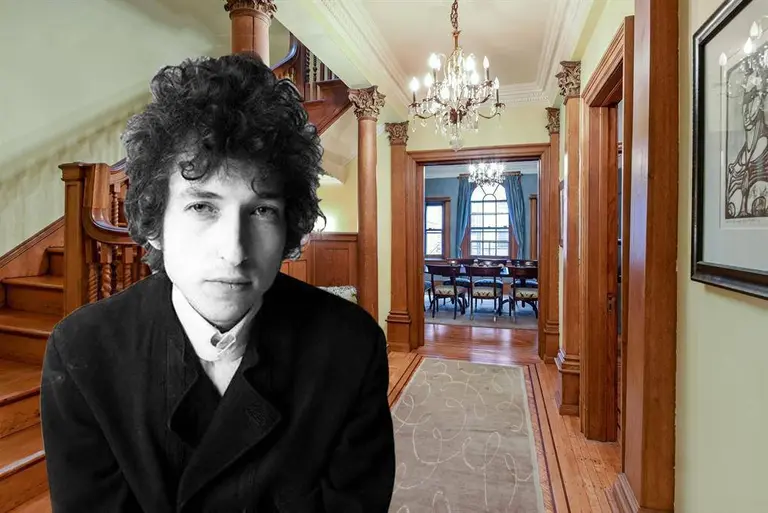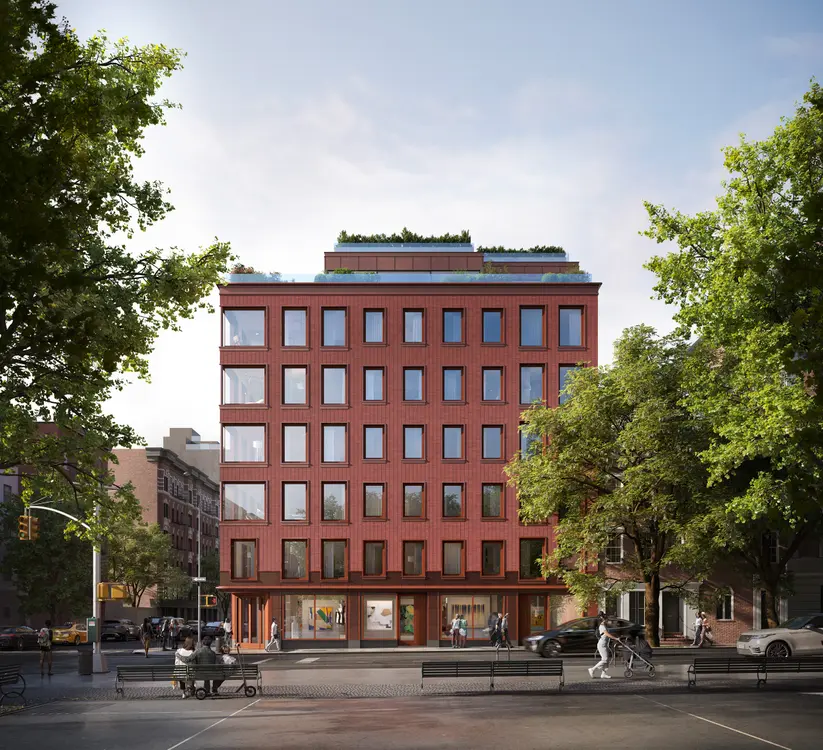Remembering Cicely Tyson’s Harlem roots
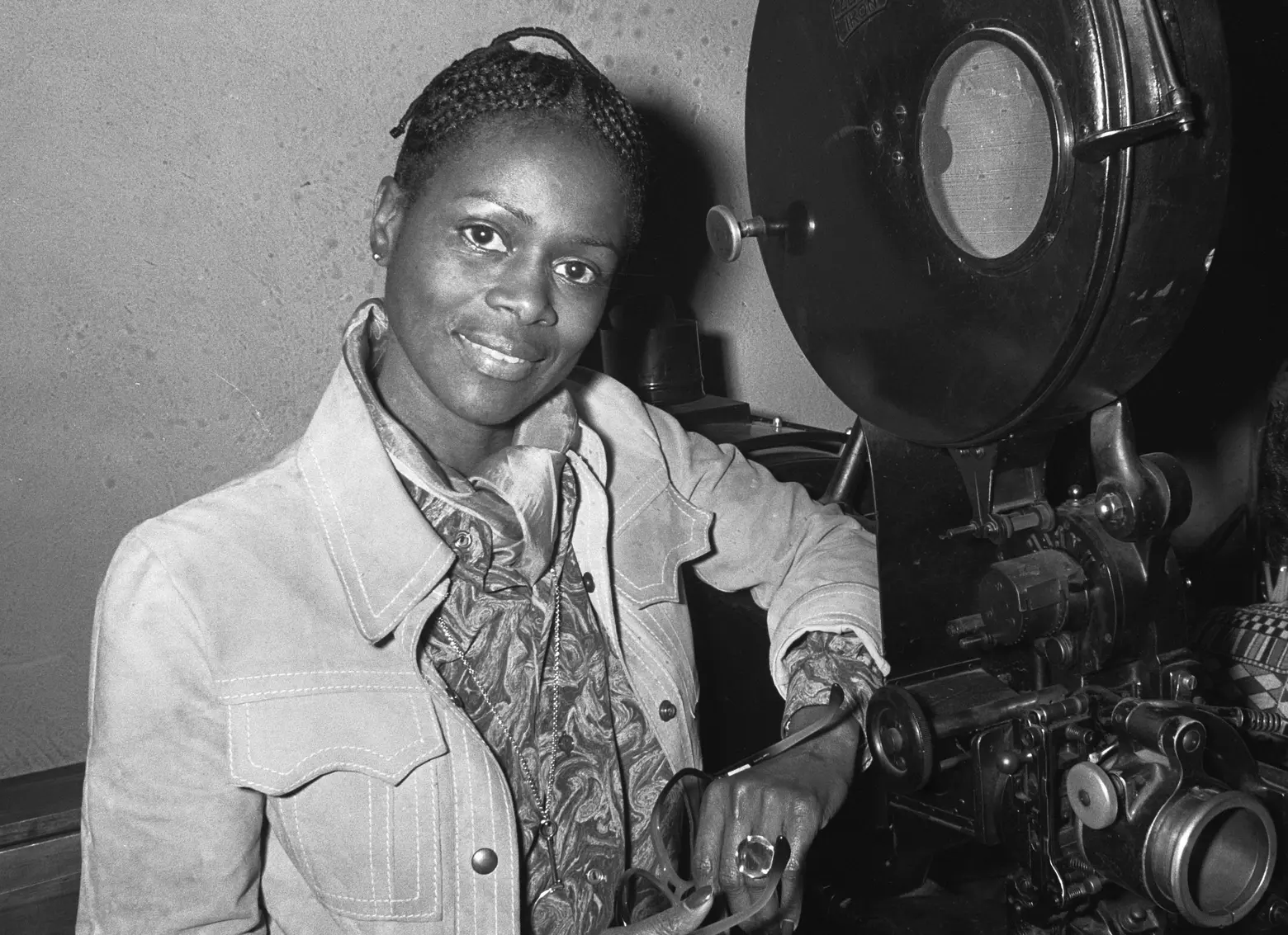
Cicely Tyson in 1973. Photo (cropped) from the Dutch National Archives via Wikimedia Commons
Groundbreaking actress Cicely Tyson passed away yesterday at the age of 96. As the New York Times writes in a beautiful obituary, her “vivid portrayals of strong African-American women shattered racial stereotypes in the dramatic arts of the 1970s, propelling her to stardom and fame as an exemplar for civil rights.” While we all look back at Ms. Tyson’s incredible life and legacy, we can also look back to her early life, which began in East Harlem. Raised in a fifth-floor railroad flat at 178 East 101st Street, Ms. Tyson helped found the Dance Theatre of Harlem and attended the Abyssinian Baptist Church on West 138th Street for the past 20 years.
View this post on Instagram
Along with the rest of the world, the Harlem community mourned the passing of Ms. Tyson, with the Apollo Theater dedicating its signature marquee to her.
CBS New York spoke to the Reverand Al Sharpton, who first got to know Ms. Tyson when he was a teenager and maintained a lifelong relationship with her, who said:
She would not let you talk about Harlem in a negative. She would always say of the high moments and the great artistry and the culture and the people. She did not leave Harlem to go mainstream. She made mainstream come and celebrate Harlem … and her grace and her presence spoke for itself.
Ms. Tyson was born on December 19, 1924 to Fredericka and William Augustine Tyson, immigrants from Nevis in the West Indies. Her parents separated when she was 10 and she and her two older siblings were raised by their mother. Because their mother was struggling to make ends meet, at the age of nine, Ms. Tyson would sell shopping bags on the streets of Harlem, reports ABC7. She attended Charles Evans Hughes High School in Chelsea, a vocational school for the textile trades, and then began her modeling career. She studied at The Actor’s Studio in Hell’s Kitchen, followed by small television roles until her big break playing Stephanie Virtue in the off-Broadway drama The Blacks in 1961.
When Martin Luther King Jr. was killed in 1968, Ms. Tyson received a call from her friend Arthur Mitchell, the first African American principal dancer in the New York City Ballet. As the Guardian tells us, Mitchell wanted to do something in Dr. King’s honor, and together, the friends decided to found the Dance Theatre of Harlem. The multi-ethnic company is still based in Harlem today and, according to their mission statement, uses the “language of ballet to celebrate African American culture.”
Some of Ms. Tyson’s most celebrated roles include those in the 1972 movie Sounder, for which she was nominated for an Oscar, the 1974 television film The Autobiography of Miss Jane Pittman, for which she won two Emmy’s, Roots, How to Get Away With Murder, and the 2013 Broadway revival of The Trip to Bountiful, for which she won the Tony Award for Best Actress in a Play at the age of 88. She also received a Kennedy Center Honor in 2015, the Presidential Medal of Freedom from President Barack Obama in 2016, and an honorary Oscar in 2018.
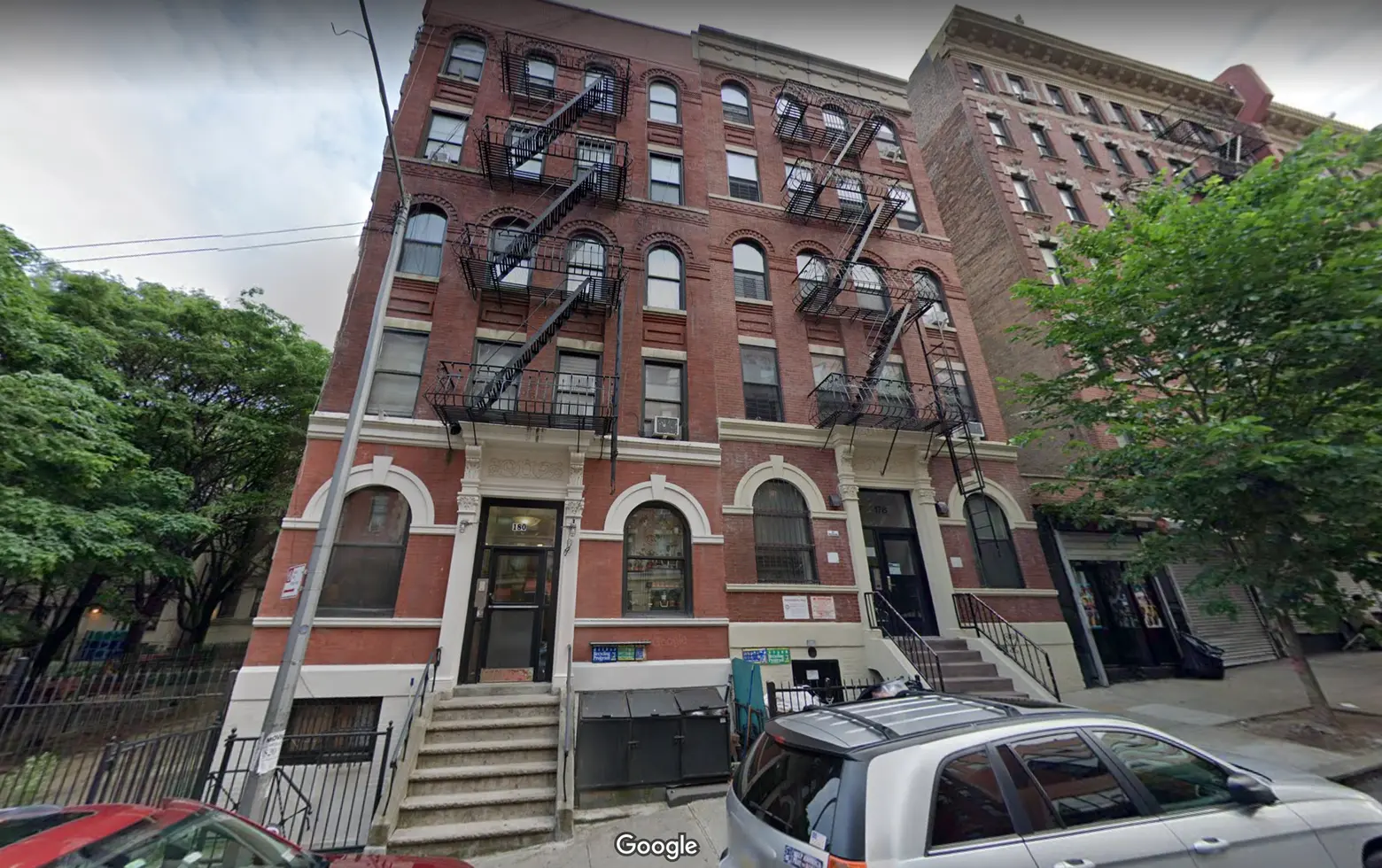
Google Street View of 178 East 101st Street (center), Map data © 2020 Google
But despite her success, Ms. Tyson never forgot her love for the Harlem community. In 1994, SDFS Development Corporation, a non-profit housing developer made up of three East Harlem churches, rehabilitated four buildings to provide homes for 58 low-income families. One of them was Ms. Tyson’s childhood home, and they named it after her. According to a New York Times story from the time, she returned to help dedicated the building and said:
To have some place memorialized in that manner means more to me than I can verbalize. It is not a structure that glorifies the name Cicely Tyson. It is a structure that is providing homes for the homeless and low-income people, and that is simply the most rewarding thing that I can have happen.
